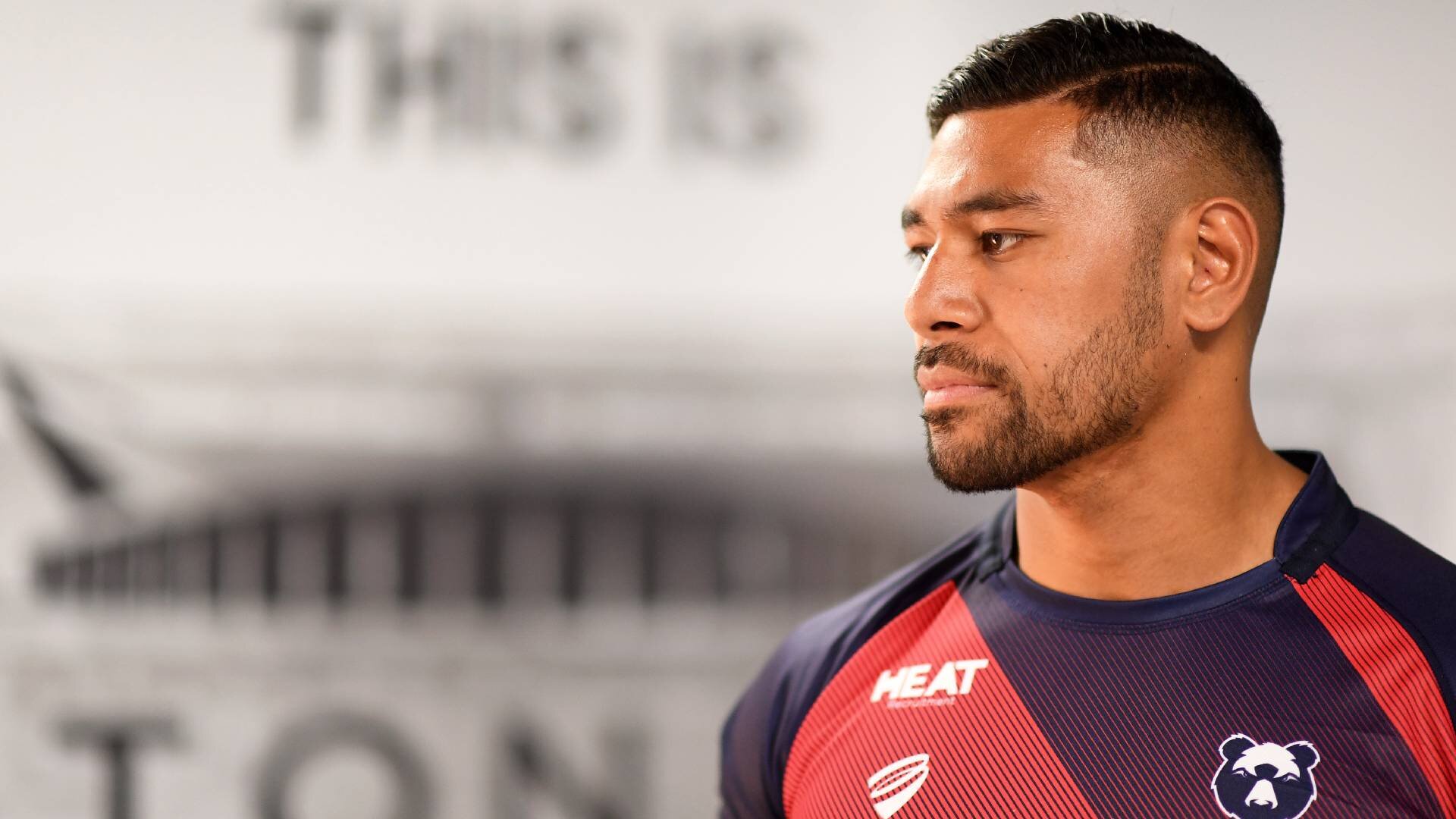New Zealand Rugby boss accuses Northern Hemisphere of 'colonialism' against Pacific nations

The way in which Pacific Island players are treated by Northern Hemisphere nations borders on colonialism, according to New Zealand Rugby chairman Brent Impey.
Speaking to Radio New Zealand on Tuesday about the failure of Fiji, Samoa and Tonga to qualify for the World Cup knockout stages, Impey said the Pacific nations were being denied access to some of their best players.
“There should be eligibility rules which allow players who’ve played for tier one countries, such as the All Blacks, to go back after say a year and play for their countries of origin,” he said.
“Think how much stronger Tonga would have been had Charles Piutau been in this side, Samoa also with the likes of Steven Luatua… it would have made a huge, huge difference.”
Impey said that the pressure applied by European clubs on their Pacific players to stay with their club rather than represent their nations didn’t help resolve the issue.
Continue reading below…
The NZR chairman, who has been in charge of the union since 2012, both New Zealand and Australia have pushed for change, but they have been met with resistance from unions in the north.
“You can point the finger straight at the likes of Scotland, Ireland, Wales, England,” he said.
“You look at them, you look at their teams and what they have done in terms of rules that suit themselves.
“I’m very tempted — I probably won’t go quite this far — but I’m very tempted to say it’s virtually colonialism.”
John Mitchell's last visit to the @rugbyworldcup knockout phase ended with a @wallabies ambush that cut short his @AllBlacks coaching career. #RWC2019 #ENGvAUS https://t.co/ieILJeHRwJ
— RugbyPass (@RugbyPass) October 15, 2019
Impey’s comments echo that of outgoing NZR chief executive Steve Tew, who criticised the Northern Hemisphere last month for rejecting World Rugby’s proposed Nations Championship.
The planned competition would have included a promotion-relegation league format between multiple divisions which would have provided the Pacific nations and other tier two countries a pathway to more competitive fixtures against tier one outfits.
The Pacific Rugby Players Welfare estimates around 20 percent of all professional rugby players are of Pasifika heritage.
Geographic isolation, lack of financial resources and poor governance within national unions all contribute to Pacific Island players to head offshore in pursuit of a professional rugby career.
Consequently, players frequently move north as the riches provided by British, French and Japanese clubs often proves too difficult to turn down.
https://www.instagram.com/p/B3qFZRCAF_b/?utm_source=ig_web_copy_link
However, plenty of players do move across the Pacific to New Zealand and Australia, and Impey’s comments will be sure to raise a few eyebrows the criticism New Zealand has received about its treatment of the Pacific Islands.
Many of the All Blacks’ star players have moved to New Zealand from Fiji, Samoa and Tonga, with an array of those players being lured to the country as a result of their rugby-playing talents.
That includes rookie sensation Sevu Reece, who is one of four players in the current All Blacks World Cup squad who was born in the Pacific Islands.
Kick in the teeth for Fiji's Sam Matavesi as he falls victim to a car park robbery in Londonhttps://t.co/4A9bbj3AF0
— RugbyPass (@RugbyPass) October 15, 2019
New Zealand has also failed to back a Pacific-based Super Rugby franchise, while the All Blacks have played just one test in the Pacific – against Samoa in Apia four years ago – in their 116-year history.
The match came to fruition only after NZR came under pressure to play in the Islands from a campaign by high-profile fans.
After missing out on a quarter-final berth this year, Fiji have failed to reach the World Cup play-offs since their maiden appearance in the knockout stages in France 12 years ago.
Samoa haven’t reached the play-offs since their upset of Wales in 1999, which replicated their quarter-final feats of 1991, while Tonga are still yet to make it out of the pool stage at a World Cup.
In other news:

























































